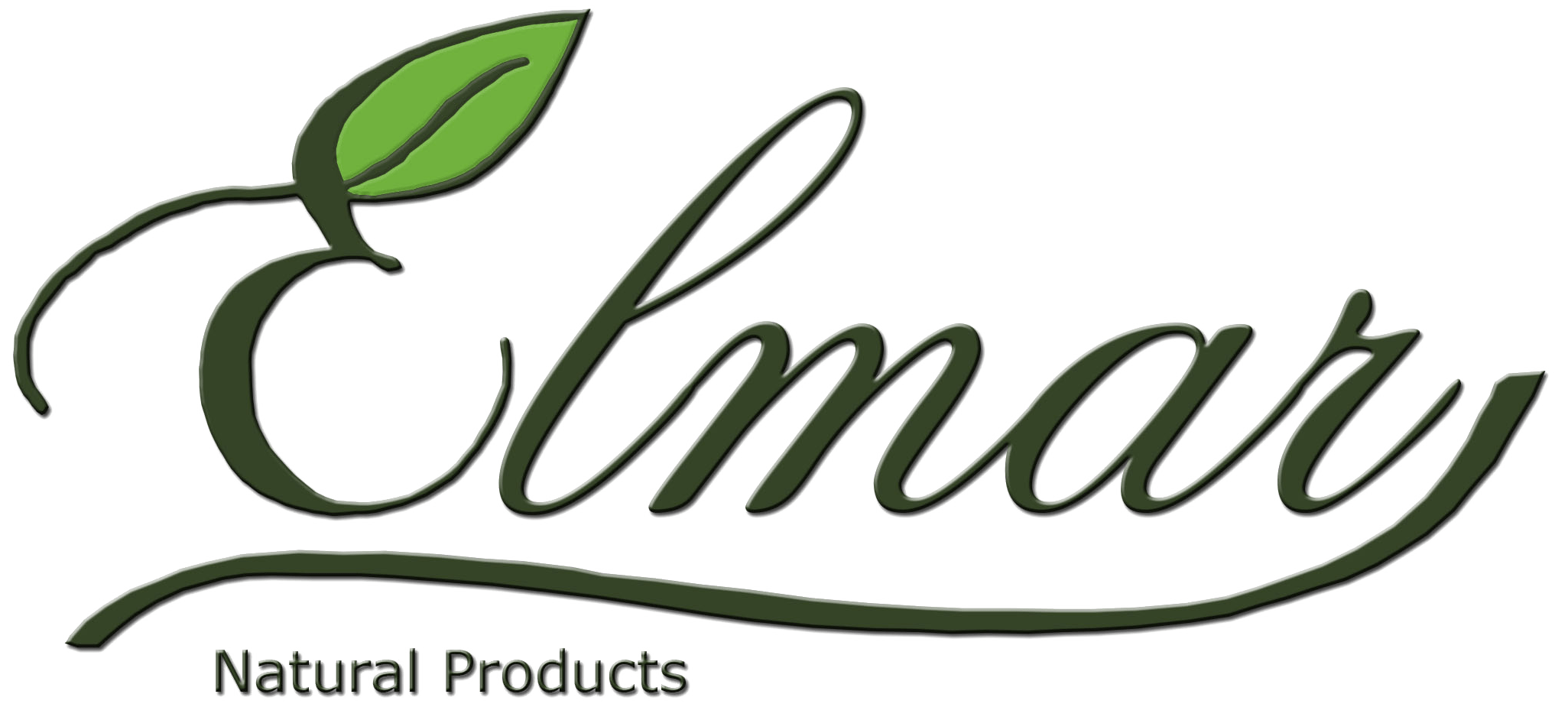For enterprises to smoothly export cashew nut products to the Nordic market, it is necessary to comply with the regulations of European law on food safety and hygiene.
According to the Vietnam Trade Office in Sweden, to export cashew nuts to Nordic countries, it is necessary to comply with the strict requirements of the EU. First of all, cashew nuts are a food product, so they must follow the European Common Food Law (EC) 178/2022, and the Common Regulations on Food Hygiene (EU) 2017/625.
Regarding food safety, the Vietnam Trade Office in Sweden noted that this is a key issue in the European market in general and the Nordic market in particular. If we want to export to Europe, cashew products must comply with the provisions of European law on food safety and hygiene. These laws aim to ensure the quality of food throughout the supply chain.

Cashew exports must overcome barriers to enter the Nordic market.
All food products, including cashews, sold in the countries of the EU, the European Free Trade Association (EFTA), and the United Kingdom must be safe. This applies to imported products. Only approved additives are allowed. Food products must comply with maximum levels of harmful contaminants, such as bacteria, viruses, pesticide residues, and heavy metals. Further, the labeling must state whether the food contains an allergen.
On the other hand, some plants and plant products entering the EU must have a phytosanitary certificate. It is required for the importation of certain types of cashew nuts into the EU from third countries, other than Switzerland. This applies to cashew nuts, whole seeds, fresh, with shells, according to Regulation (EU) 2019/2072.
In the case of additives, these additives must be approved by the European Safety Authority. At the same time, additives must meet the specifications set out in Regulation (EU) No 231/2012. A list of approved food additives can be found in Annex II of Regulation (EC) No 1333/2008. The label must indicate to the consumer whether the product contains cashews or not as they may cause severe allergies.
An important measure in controlling food safety hazards involves identifying critical control points (HACCP) by implementing food management principles. Putting food products under official control is another important measure. Products that are not considered safe will be refused entry into Europe.
In addition, the Vietnam Trade Office in Sweden also noted the regulations on food contaminants, mycotoxins, pesticide residues, heavy metals, and microbiological pollution./.
